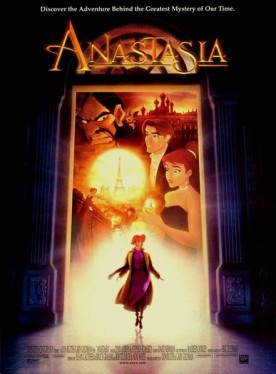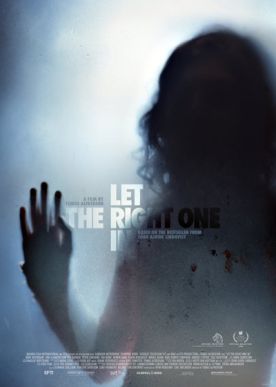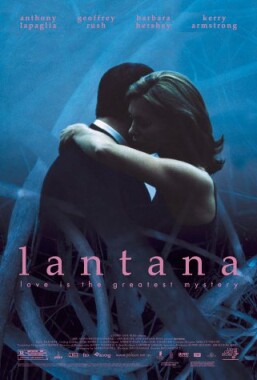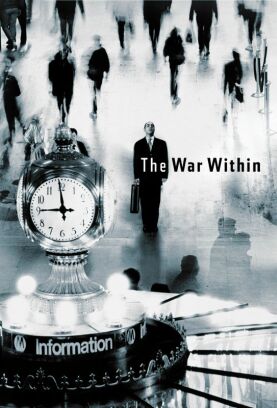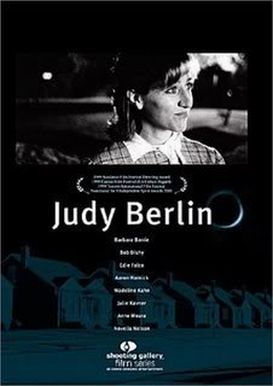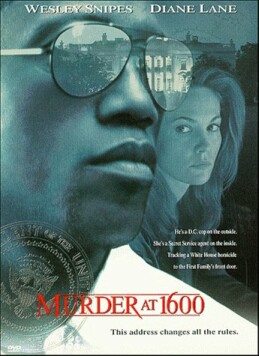Anastasia
Anastasia, made for Fox by the disaffected Disney animators Don Bluth and Gary Goldman was deeply depressing for me to watch—not because it is shoddy filmmaking but because there is so much obvious talent here employed in falsifying reality for no good reason. Of course it doesn’t do for one to be too much the nitpicker. But the filmmakers, not content to get their history wrong, get it grotesquely, ridiculously, unnecessarily wrong. Put aside the fact that the story of Anastasia has long been known to be a hoax, and that this does not even tell her story as those who tried to sell it to the world told it; forget the fact that Rasputin (voice of Christopher Lloyd) is brought back from the dead to play the bad guy and given a merely private grievance against the Romanovs. Even if we overlook all this, we are left to wonder what is the point of leaving out the communists? There is to be sure a scene of revolution, but no mention of what lay behind it, and in the post-revolutionary world, there is no hint of the grim conditions that descended upon Russia along with Communist rule. Indeed, there is no mention that it was Communist. Even St Petersburg remains St Petersburg throughout, lest mention of Lenin should raise questions of fact.
In short the film is set in a fairy tale landscape which is not only not of this world but obviously only of one world that we know, namely late 20th century America. As I have had occasion to write so often before, most recently in relation to Disney’s appalling Hercules, why must we suppose that our children are too delicate intellectually or emotionally even to be told the story of times where there were real things to fear and not the fantastical monsters invented by Bluth and Goldman? I would not have objected if the movie had had some larger purpose than portraying events as they actually happened, but in fact it has a much smaller purpose, which is merely to flatter the illusions of hardship and achievement of pampered children whose knowledge of either is thus further postponed. Anyone can triumph over imaginary villains.
Consider the lyrics to the song sung by Anastasia (played when not singing by Meg Ryan, when singing by Liz Callaway) as she decides to go to the city (St Petersburg, of course) to seek her fortune—having improbably forgotten that she was a princess, though the revolution happened when she was eight.
Everyone says life is full of choices
No one ever mentions fear. . .
In the Soviet Union, circa 1927, not many people were saying that life was full of choices—and fear was a lot commoner than anyone nowadays can well imagine. She sings this as she takes a little five minute stroll in the snow, accompanied by her cuddly dog Pooka, which is all the time it takes her to get there from her alleged country exile. Even so much hardship as the actual journey must have cost her cannot be allowed. The only hardships allowed here are those conjured up by the magic of Rasputin, who for most of the film is alleged to be in “Limbo”, having sold his soul to the devil in order to destroy the Romanovs. Actually, the film only says “sold his soul.” The devil, like the communists, is never mentioned.
By the way, if the white bat, Bartok (voice of Hank Azaria) can talk, and in a Chicago-Polish accent, why can’t the dog, Pooka? Also, if Dmitri (voice of John Cusack) was the kitchen boy who helped the royal family escape through a secret passage in the palace walls, why didn’t he coach the girl he imagines is a fake Anastasia in this answer to the questions of Sophie (voice of Bernadette Peters), who is sort of call-screener to the dowager empress (voice of Angela Lansbury)? In the event, her coming up with it on her own at the opportune moment is what lets Dmitri know she is the real princess, but he must have been pretty dumb not to have figured it out for himself by that time.
As a matter of fact, Dmitri is dumb—a con-man with high principles who can’t even rescue the girl. Naturally, and in keeping with the convention of recent years pertaining to nubile heroines, Anya rescues herself from the ghost of Rasputin by smashing his magic lava lamp. Anything else would have been sexist. Likewise, it would have been un-p.c. for her to have had any higher ambitions than discovering her “family”—like it never occurred to her that it might be cool to be a princess and rich. Unlike in classic fairy tales, ambition and danger and, indeed, everything else is sanitized and made safe for the kiddies. Even the night-life of Paris is represented by a G-rated can-can at the Moulin Rouge.
Is it only a coincidence that such innocent naughtiness for adults once coexisted with a much tougher and more robust approach to real evil for children—and that now both must be airbrushed away? For all the triumph of fantasy, this film represents a failure of imagination. The filmmakers couldn’t think of any real dangers for their heroes to overcome, or they were themselves afraid to make them look like real dangers. What kind of example of courage and fortitude is that? Children in other times and places have been enthralled with tales from the past which have presented to them something like the real world and not just a mirror image of their own cosseted lives, enlivened with a phantasmagoria. If we don’t give them anything but the latter, they will never learn to appreciate—or to stand up to—anything else.
Discover more from James Bowman
Subscribe to get the latest posts to your email.

